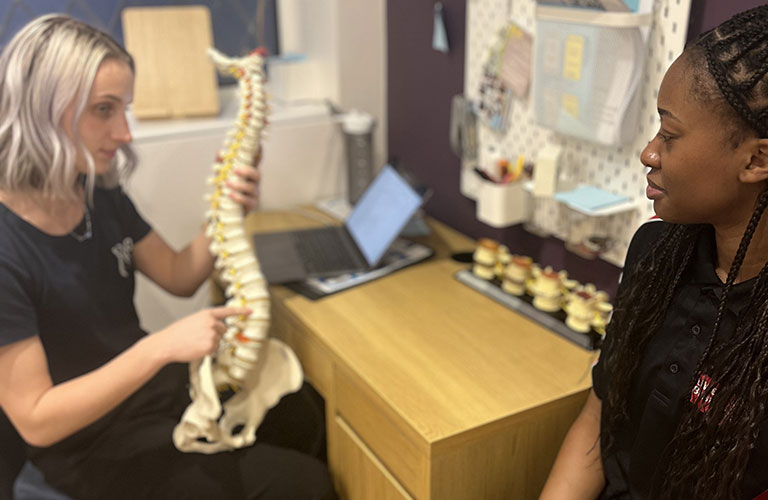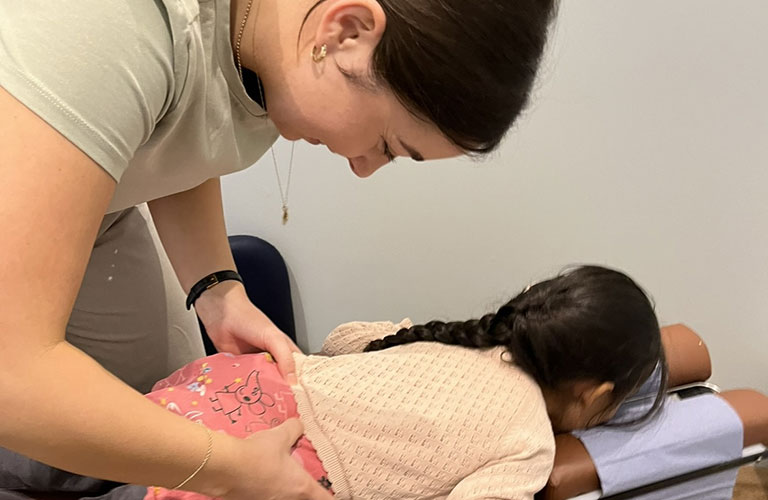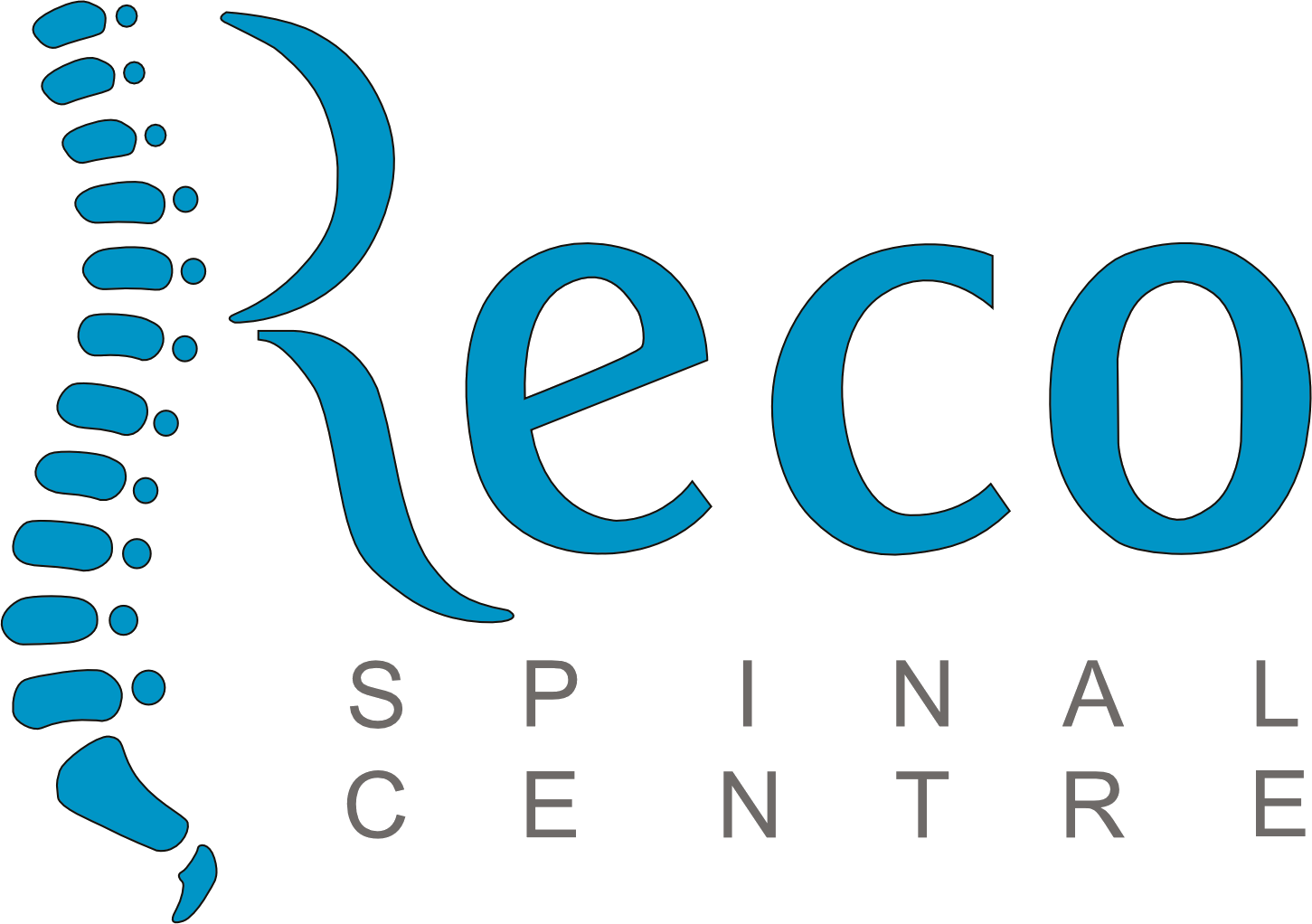4.7 ★★★★★ 220+ reviews on Google
Why choose Reco Spinal Centre For Back Pain?
At Reco Spinal Centre, we understand that back pain can be a debilitating condition, affecting not just your ability to work but also your overall quality of life and the well-being of your loved ones. That’s why we focus on identifying the root cause of your pain, ensuring that our treatments are as effective as possible.
Our approach is simple but powerful: after a thorough evaluation, we develop a customised treatment plan tailored to your needs. This personalised care allows us to achieve the best results for our clients, helping them return to a pain-free life.
Onsite X-Ray Facility
If necessary, we can take X-rays on-site, allowing us to assess the structural aspects of your spine and identify any underlying issues contributing to your back pain. This ensures a precise and accurate diagnosis, which is key to effective treatment.
A Team of Experienced Professionals
Our team consists of highly skilled massage therapists, chiropractors, and spinal therapists, all with extensive experience treating back pain. With over 20 years of combined expertise, we work together to provide you with the highest level of care.
At Reco Spinal Center, we’re committed to helping you live pain-free, and our results speak for themselves.
What is lower back pain?
Low back pain is a common experience, with a staggering eighty per cent of adults encountering it at some point in their lives. This discomfort typically involves muscle spasms of the supportive muscles along the spine. Additionally, pain, numbness, and tingling in the buttocks or lower extremity can be linked to the back. There are numerous causes of low back pain (see below). It's crucial to prevent low back pain, as symptoms can recur on more than one occasion, a fact that many can relate to.

Causes of lower back pain
Low back pain can be caused by muscle strain, ligament sprain, poor posture, aging, disc bulge or herniation, or other underlying health conditions. Regular exercise, proper posture alignment, and avoidance of smoking can help minimize the effects of aging on the spine. Strengthening and stretching programs can help alleviate the pain caused by disc bulge or herniation. Other causes of low back pain include bladder/kidney infection, endometriosis, cancer, or ovarian problems.
Treatment of lower back pain
- Rest: Avoid activities that aggravate your condition, such as prolonged sitting, driving, bending, heavy lifting, and twisting.
- Ice: Applying ice to your low back for 15 minutes every 1-2 hours can help reduce pain and spasm. Avoid using heat during the first 48 hours of an acute injury.
- NSAIDs: Your doctor may prescribe anti-inflammatory medication such as aspirin, Advil, Aleve, ibuprofen, or naproxen sodium.
- Early exercise: Gentle exercise for mobility and stretching, especially for the muscles of the legs and back, can help decrease the severity, duration, and recurrence of low back pain. Try the suggested exercises on the back of this sheet. Do not perform exercises that increase your pain.
- Positioning: Modifying your sleeping position can help ease strain on your low back. Make sure your bed is firm enough to provide adequate support, and use a small pillow for your head. If you sleep on your back, try putting a pillow under your knees. If you prefer to sleep on your side, put a pillow between your thighs, and if you are side bent, place a folded towel under your waistline.


Prevention of lower back pain
To prevent future back pain, strengthen your hip, abdominal and back muscles through a rehab program and maintain a neutral spine posture. Use proper body mechanics and lifting techniques. See your healthcare provider if you experience persistent pain, fever, weight loss, redness/swelling on the back, pain/numbness/tingling below the knee, leg weakness or bladder problems.
Testimonials
Our Customer Stories
We Welcome you to give chance to serve you
Crafting Healthier Homes, One Adjustment At A Time
We are accredited by:


